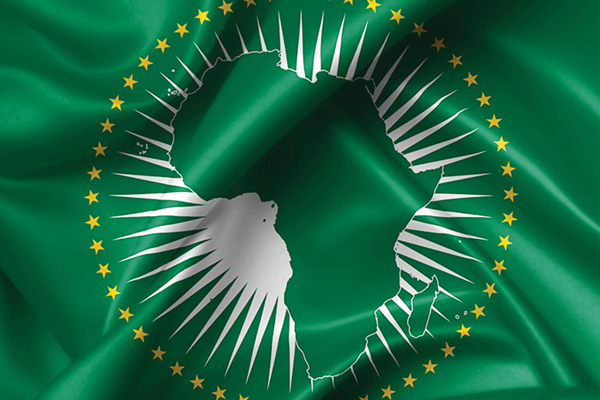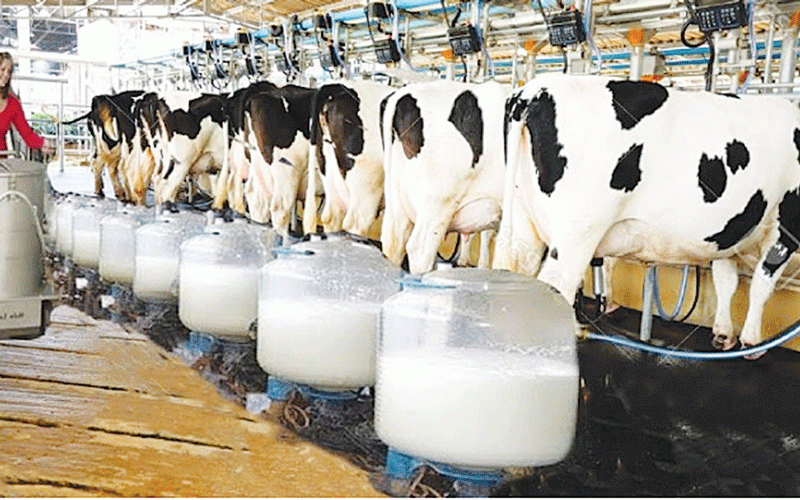
Africa’s economic fundamentals remain strong, but governments and companies will need to work even harder to keep the region’s economies moving forward.
BY Kudzai Goremusandu
Many observers are questioning whether Africa’s economic advances are running out of steam. Five years ago, growth was accelerating in almost all of the region’s 30 largest economies, but the recent picture has been mixed: while growth has sped up in about half of Africa’s economies, it has slowed in the rest.
Between 2010 and 2015, Africa’s overall gross domestic product growth averaged 3,3%, considerably weaker than 4,9% a year between 2000 and 2008. For the rest of Africa, growth actually accelerated to 4,4% in 2010 to 2015 from 4,1% in 2000 to 2010. In addition, long-term fundamentals are strong, and there are substantial market and investment opportunities on the table. Africa contains 60% of the world’s unutilised, but potentially available cropland, as well as the world’s largest reserves of vanadium, diamonds, manganese, phosphate, platinum-group metals, cobalt, aluminium, chromium, and gold. It is responsible for 10% of global exports of oil and gas, 9% of copper, and 5% of iron ore. Even at recent low prices for such commodities, a significant share of African production continues to be cost competitive, putting the resources sector in a strong position for when demand — and, eventually investment — recover. Capturing these opportunities will be challenging. Governments will need to improve their investment attractiveness in a weaker environment, while companies must review their approach to community engagement so that they have the support of local communities as well as their “licence to operate” from regulators.
Realising the potential of Africa’s economies
Future growth is likely to be underpinned by factors including the most rapid urbanisation rate in the world and, by 2034, a larger working-age population than either China or India. Accelerating technological change is helping to unlock new opportunities for consumers and businesses, and Africa still has abundant resources. The International Monetary Fund projects that Africa will be the world’s second-fastest-growing region in the period to 2020.
Despite recent shocks and challenges, spending by Africa’s consumers and businesses already totals $4 trillion annually, and is growing rapidly. Household consumption is expected to grow at 3,8% a year to total $2,1 trillion by 2025. African businesses are an even larger spenders. From $2,6 trillion in 2015, business spending is expected to increase to $3,5 trillion by 2025.
Africa could nearly double its manufacturing output to $930 billion in 2025 from $500 billion today, provided countries take decisive action to create an improved environment for manufacturers. Three-quarters of that potential could come from Africa-based companies meeting domestic demand; today, Africa imports one-third of the food, beverages, and other similar processed goods it consumes. The other one-quarter could come from more exports. The rewards of accelerated industrialisation would include a step change in productivity and the creation of up to 14 million stable jobs over the next decade.
- Chamisa under fire over US$120K donation
- Mavhunga puts DeMbare into Chibuku quarterfinals
- Pension funds bet on Cabora Bassa oilfields
- Councils defy govt fire tender directive
Keep Reading
While the potential that Africa offers is undoubted, the question remains: will it be achieved? Businesses and governments will need to work harder to capture the opportunity. Africa is home to 700 companies with annual revenue of more than $500 million, including 400 with annual revenue above $1 billion, and these companies are growing faster and are more profitable than their global peers. But Africa needs more of them. It has a lower number of large companies — and they are smaller on average — than one would expect given the corporate landscapes of other emerging regions. Corporate Africa needs to step up its performance to make the most of these opportunities. The top 100 African companies have forged their success by building a strong position in their home market before diversifying geographically, adopting a long-term perspective, integrating what they would usually outsource, targeting high-potential sectors with low levels of consolidation, and investing in building and retaining talent.
Governments will need to address the continent’s productivity and drive growth by focusing on six priorities emerging from this article: mobilise more domestic resources, aggressively diversify economies, accelerate infrastructure development, deepen regional integration, create tomorrow’s talent, and ensure healthy urbanisation.
Delivering on these six priorities will require a transformation in the quality of Africa’s public leadership and institutions, as well as governance. All these imperatives require the vision and determination to drive far-reaching reforms in many areas of public life, and they require capable public administration with the skill and commitment to implement such reforms. What the past five years have shown is that Africa’s diverse economies — its economic forces — now need to improve their fitness in order to make the most of their undoubted long-term growth potential and to continue their march toward prosperity.
Africa’s household consumption has continued to grow at a robust pace. Sixty percent of consumption growth has come from an expanding population, and the rest from incomes rising enough to fuel spending on discretionary goods and services as well as basic necessities all powered by rapid urbanisation. Household consumption grew at a 3,9%compound annual rate between 2010 and 2015 to reach $1,4 trillion in 2015. To put these trends into an international context, Africa’s consumption growth has been the second fastest of any region after emerging Asia, whose consumption growth was 7,8%in 2015.
Kudzai is a strategic and innovate business consultant. He offers consultancy services to local and international investors. Contact: [email protected]. He currently works with Coover Bottlers, a new beverage company based in Harare











